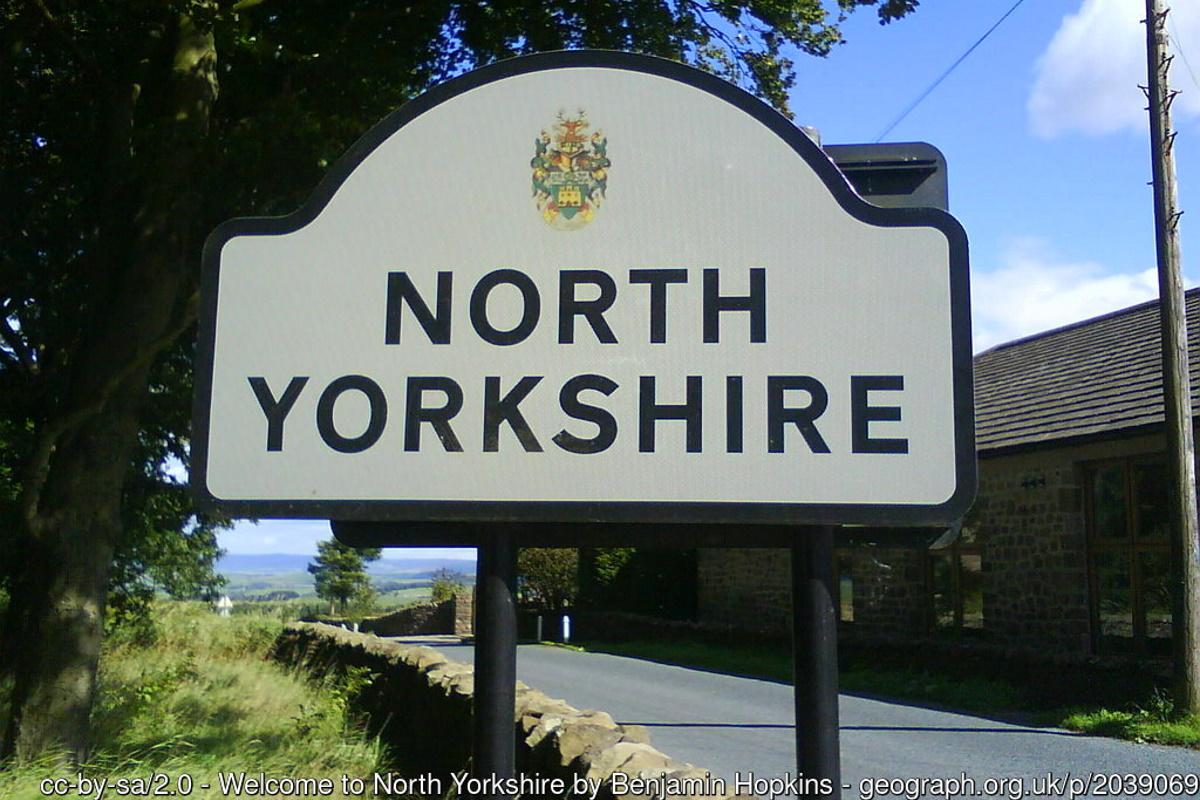
A roadmap detailing how North Yorkshire’s residents, environment and economy can continue to thrive and grow over the next five years has been set out by the County Council.
The Council Plan 2021-25 sets out the council’s vision for the next five years and outlines its ambitions for the county and how it intends to achieve them.
It also looks at how the county can harness the power of devolution and rebuild its economy stronger than ever, as it pulls away from the shadow of the pandemic and the impact it has had on businesses, children’s education, the voluntary sector, as well as people’s mental health and incomes.
Covid-19 has delivered very significant additional costs for the council – estimated at £82m. This includes leading on the outbreak management plan, test and trace, public health information, funding the voluntary sector to support people with shopping, collecting prescriptions and befriending calls and providing grants for voluntary organisations. At the same time, the council has experienced reductions in council tax and business rates, which are expected to continue.
Council leader Cllr Carl Les said that over the next four years the council will continue to change, modernise and innovate to deliver high-quality services within its financial means. Despite the anticipated decision this summer over the proposals for local government reorganisation – it is critical we continue to plan and deliver for the county, its people, places and economy.
He said :
“The council plan sets out how we will continue to unlock North Yorkshire’s potential over the next four years. As in previous years, we still face some difficult decisions in relation to funding, but it is not defined by those spending challenges – our way forward will be to modernise and innovate,”
“The council will have delivered a total of £200m worth of savings by the end of 2022/23, but still needs to find a further £30m by the end of 2024, whilst also managing the cost of the pandemic.
“Overcoming these challenges cannot be done by a single agency and we are proud of our work with other partners and with communities in transforming our services and improving outcomes for residents.
“We also need to unlock the increased investment a devolution deal would bring, which would include an additional £25m a year from central Government for the next 30 years.”
The Government is expected to make a decision in summer on local government reorganisation in North Yorkshire. Following a consultation, it is currently considering two proposals. The County Council’s proposal, supported by City of York Council, is for a single unitary authority for the whole of North Yorkshire, with City of York Council as a separate unitary authority. Six of the county’s seven district councils propose two unitary authorities based on an east/west split of the county and including City of York.
One of the main priorities for the county council in the next four years includes helping the county’s most rural communities grow and prosper by providing a fresh perspective on the challenges they face, with the help of an independent Rural Commission.
The County Council set up what was the first commission of its kind nationally, to independently examine key issues facing rural areas, including farming, transport, education, housing, the environment and other key areas and to form recommendations on ways to address them.
A total of 85 per cent of North Yorkshire is classed as “super-sparse”, with 13 per cent of its geography classed as “sparse” and just two per cent as urban. Just over a third of the county’s population live in super sparse or sparse areas, which presents particular challenges in delivering services.
The county also has an ageing population, with residents aged 65 and older making up approximately a quarter of the population (24.7 per cent) compared to the national average of 18.4 per cent. Many younger people leave the county following secondary and further education. Affordable housing is also an issue as costs are relatively high when compared to wages.
The council says it aims to ensure North Yorkshire’s economy enjoys sustainable growth over the next four years by ensuring housing provision – especially affordable housing - and high quality employment sites are increased, alongside the necessary infrastructure.
Supporting community transport, as well as other provision in the communities such as libraries, is high on the agenda.
Transport services such as the County Council’s Integrated Passenger Transport (IPT) service proved invaluable during the height of the pandemic. The team were able to step up and go the extra mile in helping deliver PPE, hospital discharge transport, checks on those shielding or self-isolating, as well as delivery pharmacy products and coronavirus swab tests.
Other priorities include;
- Continue to roll out the County Council’s Superfast North Yorkshire project, which has already brought high quality broadband to almost 200,000 domestic and business premises, with the aim of achieving 100% coverage as quickly as possible;
- Working with Mobile Network Operators to support the introduction of the planned Shared Rural Network, to bring a significant improvement in mobile phone reception and raise 4G coverage from 60% of the county's geography to well over 90%.
- Achieving a more equal North Yorkshire and supporting and celebrating diverse communities through tackling the wider causes of health and health inequalities;
- Reducing the causes and impacts of climate change as the council continues its aspiration to be carbon neutral by 2030;
- Working with partners and stakeholders to support the regeneration of town centres and rethinking the allocation of road spaces to create accessible, safe, healthy and business-friendly public areas;
- Delivering a modern, integrated transport network to support economic growth. The council will deliver a Local Transport Plan which will look at improving transport links between towns, especially between the east and west of the county and improving access to markets, skills and supply chains within the county and the rest of the UK;
- Making sure there is a clear pathway for young people from education to training and employment to ensure the skills of the workforce meets the social and economic needs of the county;
- Ensuring every child and young person has the best possible start in life by promoting health and wellbeing and continuing to close the disadvantage gap as well as supporting the sustainability of North Yorkshire’s small schools;
- Ensuring adults enjoy a longer, healthier and more independent life across the county through expanding the scale and scope of Extra Care and supported housing and also supporting people to live longer, healthier lives in their own homes
The County Council recently launched three projects to speed-up digital connectivity in the county. The first involves the provision of public wi-fi in up to 16 market towns, to draw people back to local town centres as more people work from home and offer people with limited or no broadband access to vital services and opportunities.
In addition, to expand the County Council's recently installed 170km-long, gigabit-capable Local Full Fibre Network to six business parks in a bid to support recovery from the Covid pandemic and to boost future economic growth. Delivered by the County Council’s wholly-owned delivery partner, Nynet, this digital expansion is expected to benefit up to 500 businesses.
Finally, the creation of rural “smart places” – also known as the internet of things – will start to bring digital benefits more usually seen in cities into rural areas, enabling businesses to make use of sensors and data to create new markets and products. This could include applications to support health care, such as preventing people from falling, and monitoring water levels to anticipate and respond to flooding and managing traffic flow.
County Councillor Don Mackenzie, Executive Member for Access, added:
“High-quality, widespread digital infrastructure is essential to the growth of the North Yorkshire economy, because of the trend towards digital business and service delivery, the rural geography and the relatively sparse population.
“Digital connectivity is the cornerstone of the transformation of the county and we are committed to enabling business growth and skills opportunities right across North Yorkshire. To deliver connected and resilient places, for people to reach their potential and for an economy powered by good business, they must have the tools that enable them to compete with more urban areas – these projects will be a big help to many people.”
The full copy of the Council Plan 2021-25, including details of recent achievements, priorities for action, where the council’s funding comes from and what it’s spent on, is available online https://www.northyorks.gov.uk/council-plan



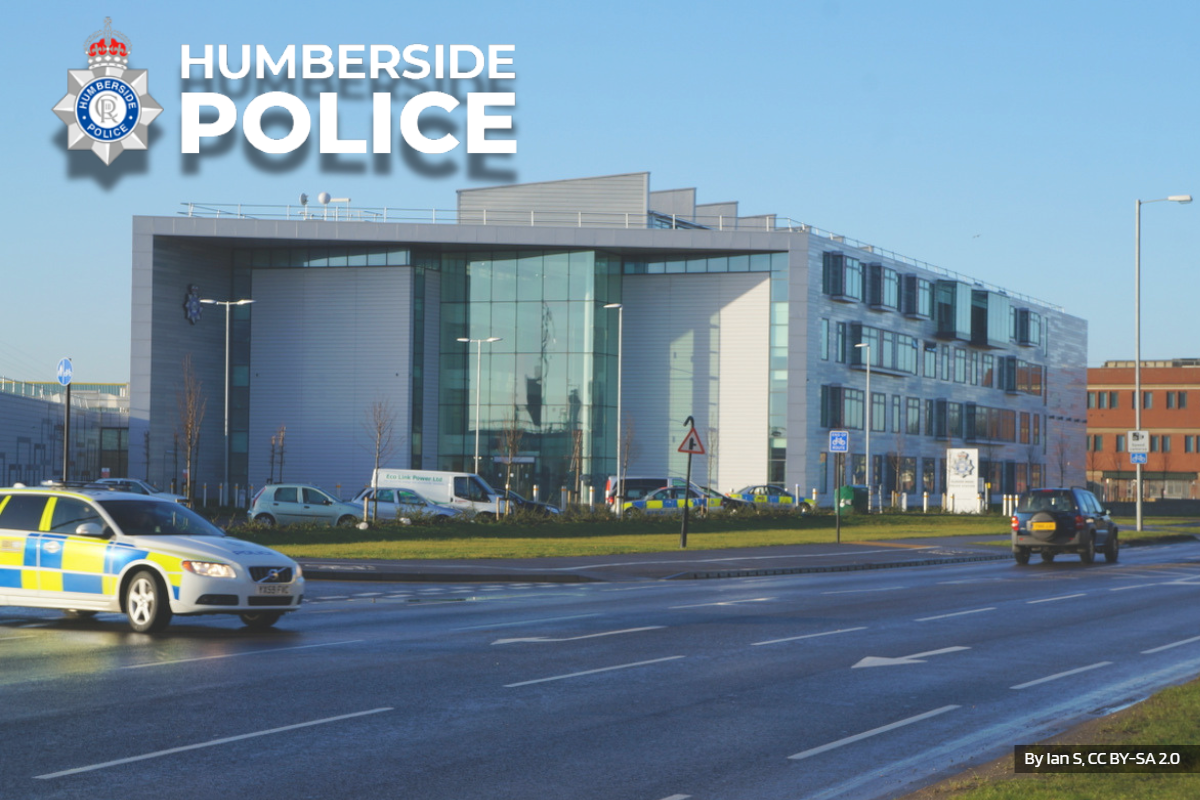 Pedestrian Injured in Bridlington- Police Appeal
Pedestrian Injured in Bridlington- Police Appeal
 Epic Tractor Convoy Set For Yorkshire Coast
Epic Tractor Convoy Set For Yorkshire Coast
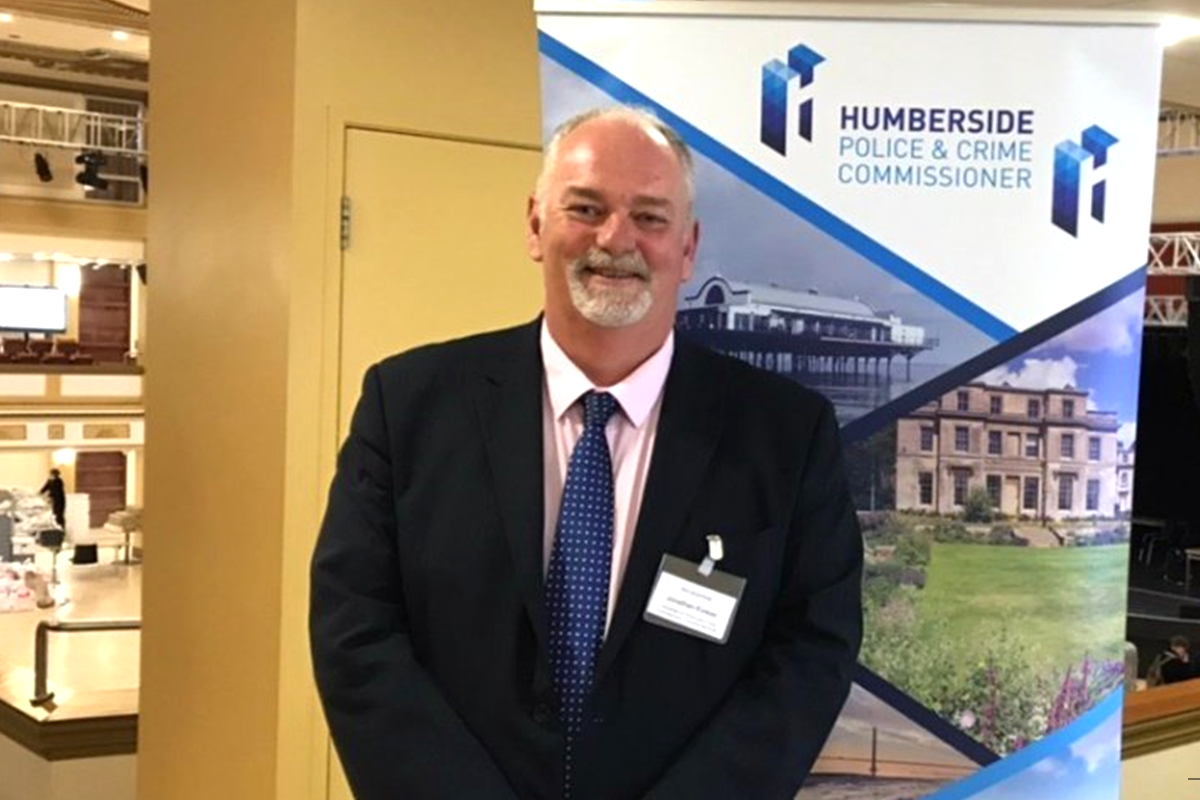 Police Commissioner Abolished Over WhatsApp
Police Commissioner Abolished Over WhatsApp
 Whitby Town Hold Play Off Rivals In Derby Clash
Whitby Town Hold Play Off Rivals In Derby Clash
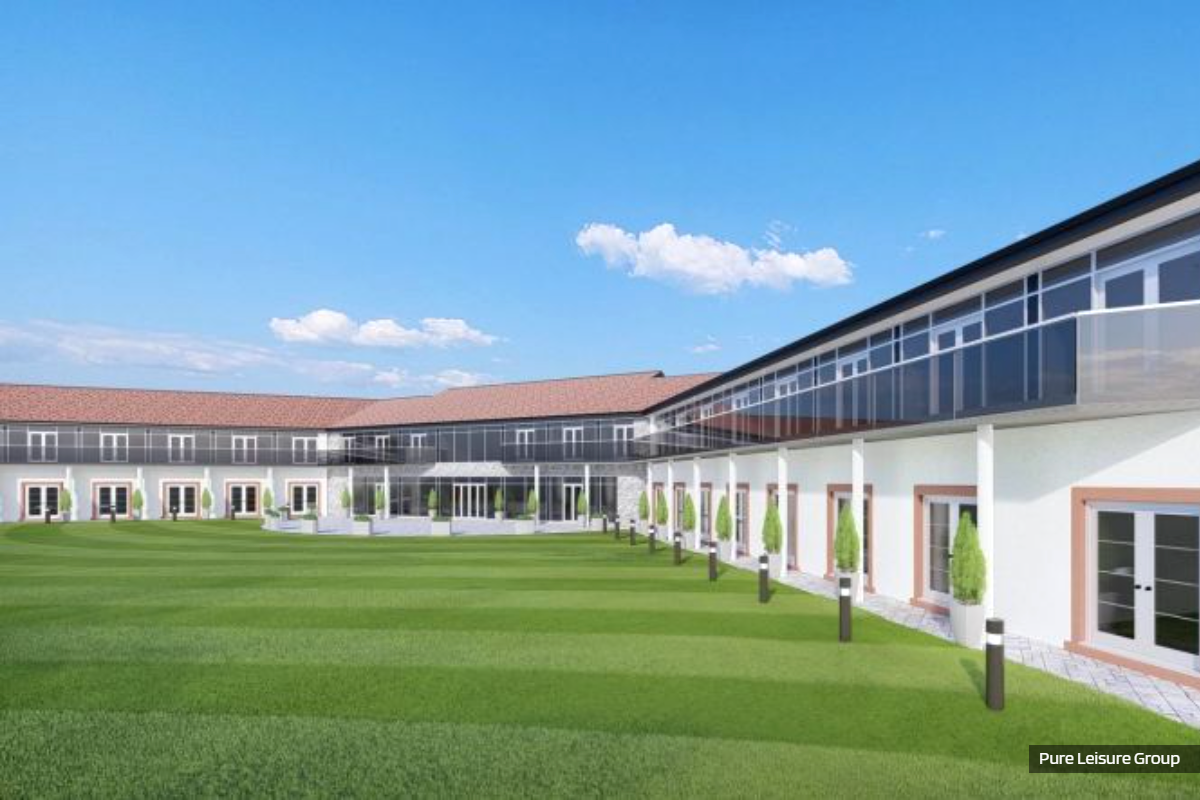 Bridlington Golf Club Hotel Plans Approved
Bridlington Golf Club Hotel Plans Approved
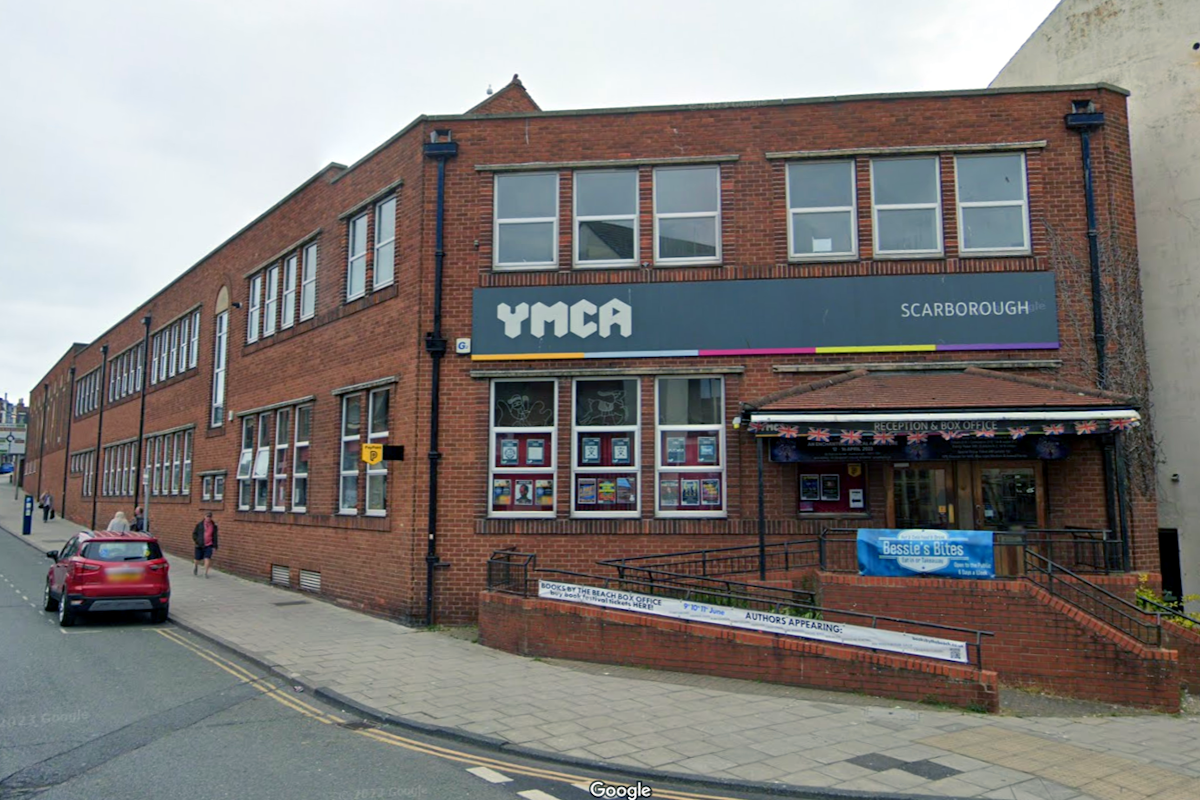 Yorkshire Coast YMCA Welcomes National Youth Strategy, But Stresses Need for Sustainable Investment
Yorkshire Coast YMCA Welcomes National Youth Strategy, But Stresses Need for Sustainable Investment
 Derby Delight For Table-Topping Scarborough RUFC
Derby Delight For Table-Topping Scarborough RUFC
 Brid Town Battered By Promotion Chasers
Brid Town Battered By Promotion Chasers
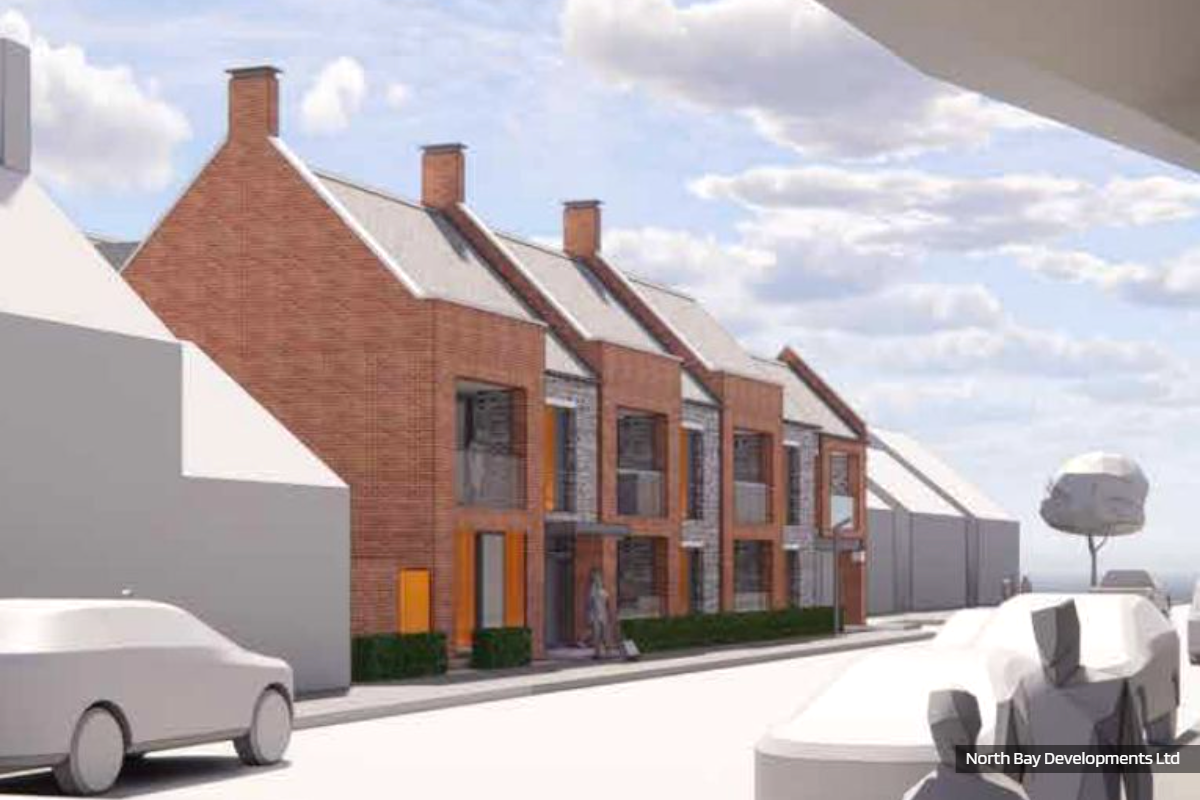 Bridlington Retirement Apartment Plans Approved
Bridlington Retirement Apartment Plans Approved
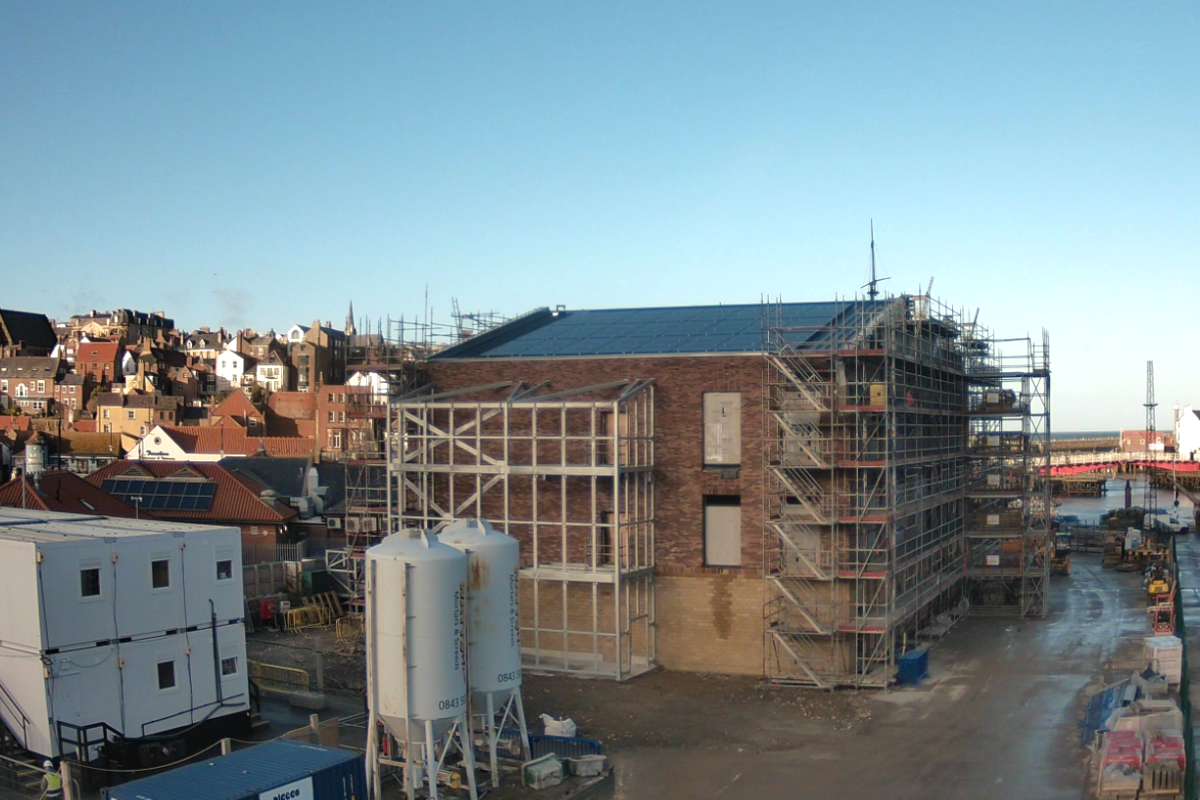 Whitby Maritime Hub Project Reaches Final Stages
Whitby Maritime Hub Project Reaches Final Stages
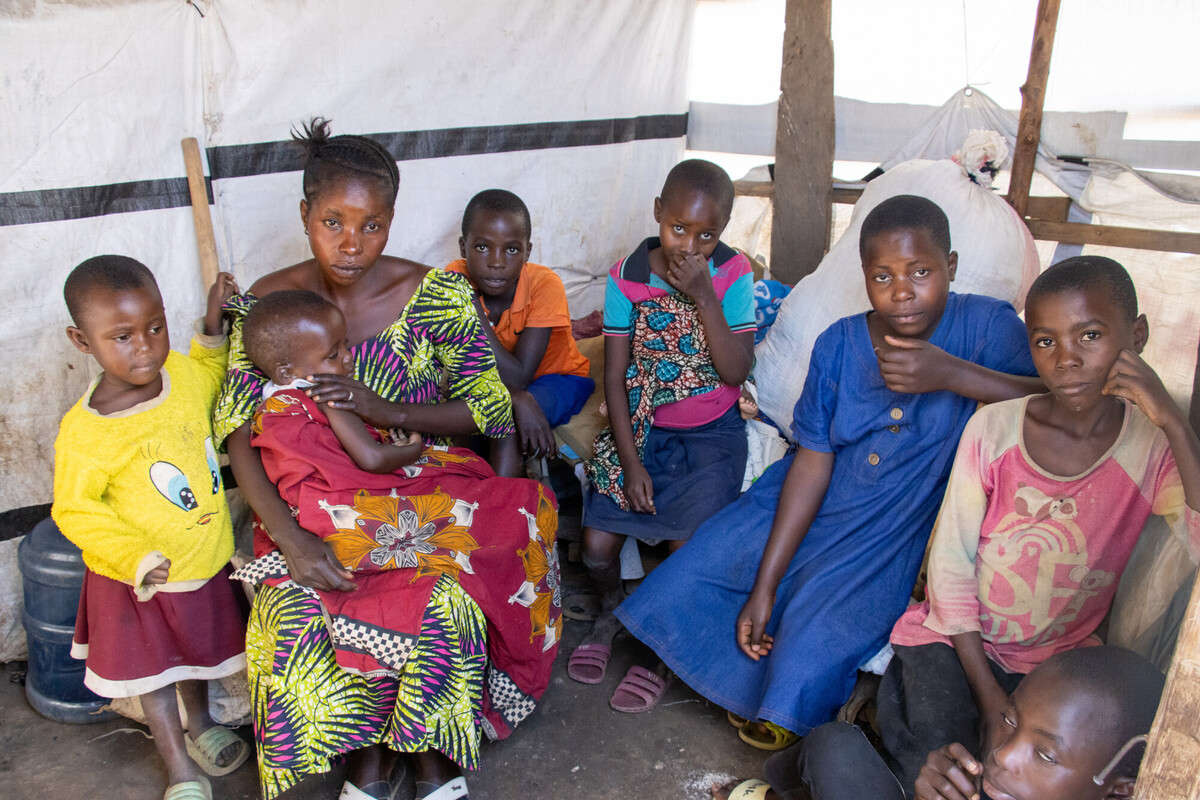 Bridlington Fundraisers Launch Christmas Charity Appeal
Bridlington Fundraisers Launch Christmas Charity Appeal
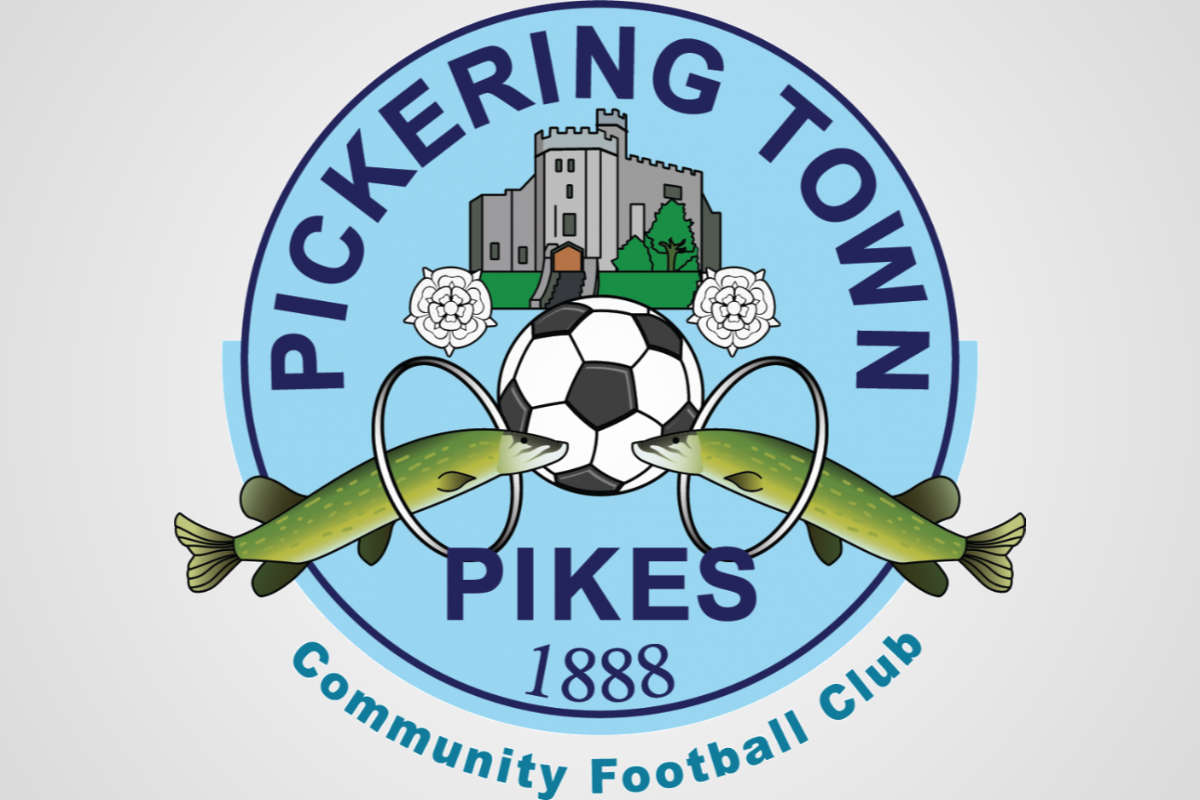 Nightmare Continues For Pickering Town
Nightmare Continues For Pickering Town








Comments
Add a comment